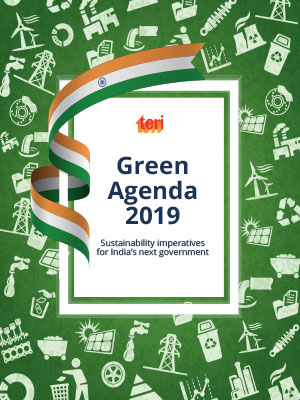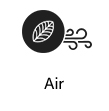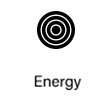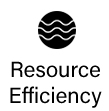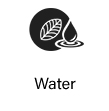A key issue in management of urban waste streams is to generate reliable data on waste inventory.
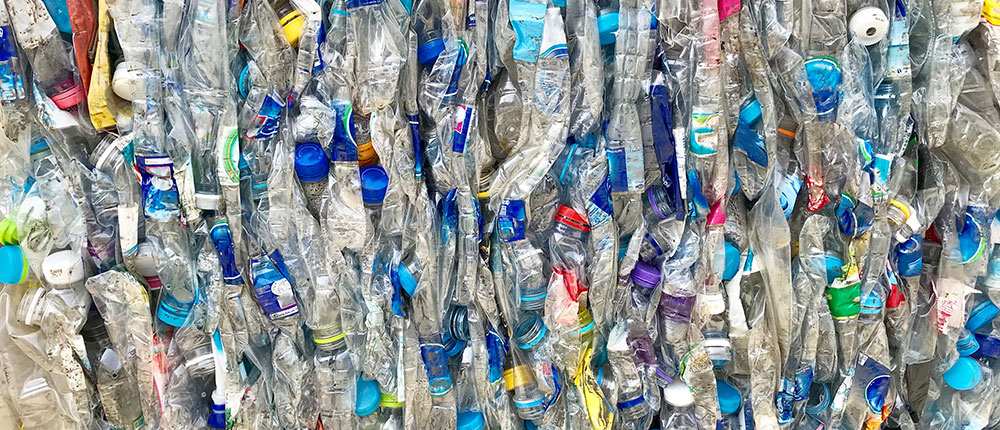
A fast developing country like India generates various kinds of urban and industrial waste. The range of waste streams includes - municipal waste, construction and demolition debris, plastic packaging waste, e-waste, industrial hazardous and non-hazardous waste and biomedical waste. These waste streams provide a unique challenge for their management. To address these challenges, Ministry of Environment, Forests and Climate Change (MoEFCC) came out with six set of rules in 2016. The rules are focused on extended producer responsibility (EPR) to make the manufacturers of various products also responsible to ensure that the waste generated out of their products are collected and processed in a responsible manner.
Institutional structure for urban waste management
Though there has been an improvement in some aspects of mandates to implementation of Solid Waste Management Rules, in case of municipal solid waste especially for collection, processing and transport, cities still have to ensure establishment of scientific waste disposal sites. In addition, the rules require framing of national policy on waste management and subsequent framing of respective state level policies and city level action plans to implement the national policy. However, most states and cities in India have not been able to follow this through. To facilitate and fast track this, it is recommended that a Technical Cell may be set-up at the national level preferably with Ministry of Housing and Urban Affairs to provide assistance to the State Urban Development Department and Local Bodies enabling them to initiate implementation of SWM Rules, 2016. At the State level, similar type of cell may be set-up to assist local bodies, and the state governments may evolve plans and policy to provide technical and financial assistance to them.
Data generation on status
One of the key issues in management of urban waste streams is to generate reliable data on waste inventory and assure that there is proper structured flow of data on waste collection and processing to various stakeholders for informed decision making. For instance, Analysis of MSW management data in annual reports of CPCB for the last few years reveals that the waste generation instead of increasing owing to increasing urban population shows decrease as number of cities reporting waste generation is consistent each year. This makes the trend assessment difficult and hence long-term waste management planning. To overcome this challenge, uniform data collection formats have to be developed for cities and towns to start data collection in prescribed format for onward transmittal to CPCB for collation and analysis.
Suitable data collection format should include information like daily waste generation, collection, waste processed and sent for recycling, waste diverted from landfills and information collected should flow from say sanitary inspectors to higher officials by suitably designed Management Information System (MIS).
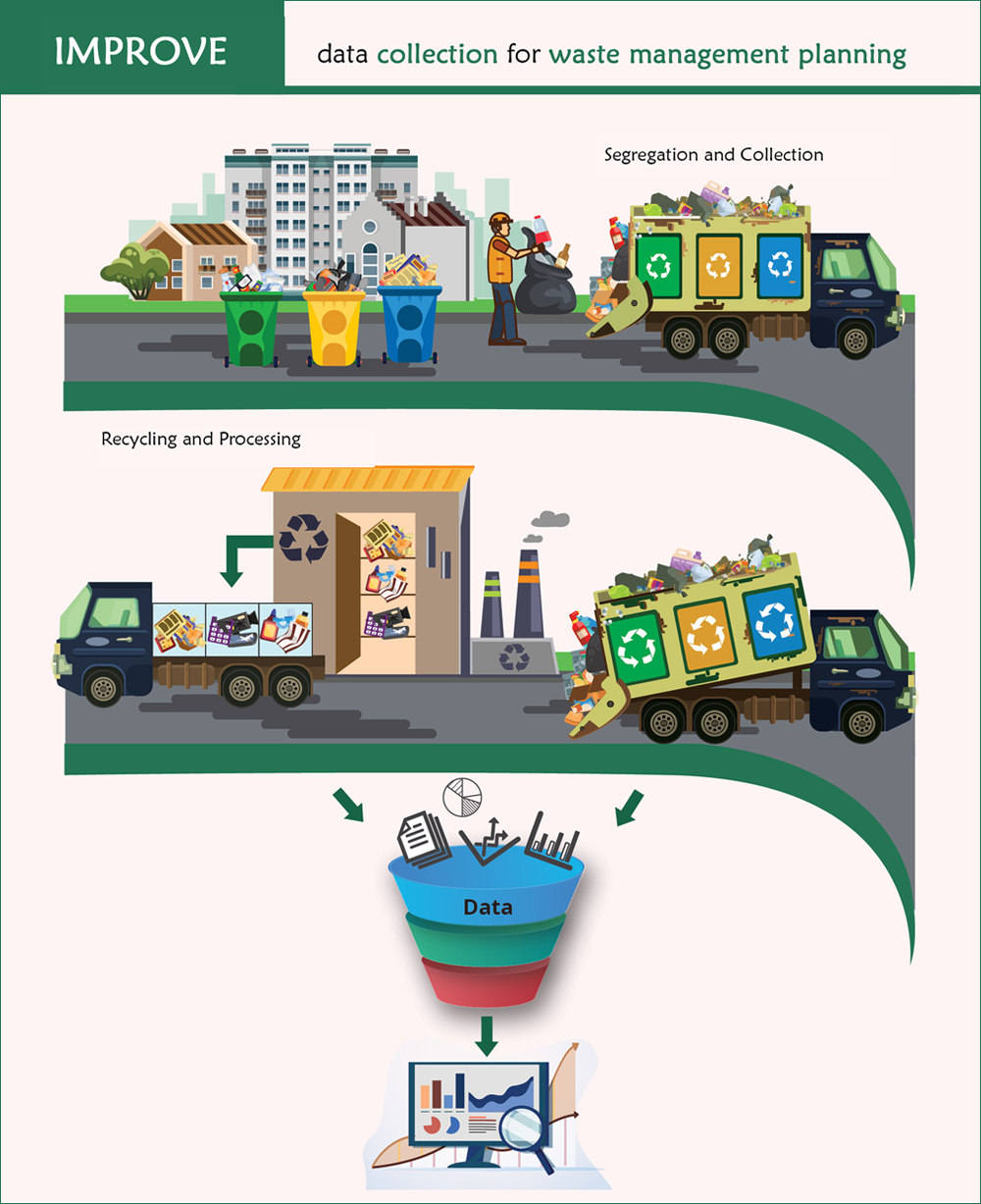
Similarly, plastic waste generation where it is assumed that 80% of plastics introduced annually will result in waste. Use of electronics is no different where e-waste generation is estimated based on how many electronic items are put into the market and depending on their usage waste generation is estimated. It is therefore necessary that for each of the urban waste streams the real time waste generation data is carried out on a regular basis with involvement of all the stakeholders including urban local bodies. The manufacturers have to arrive at a trend and do long-term planning for waste collection, processing and disposal.
This becomes important as the infrastructure for collection and processing has to be designed based on capture rate for these waste streams at present as well as the future.
Going beyond national boundaries to address transboundary issues
Demand for plastics has outpaced all other bulk materials such as steel, aluminium and cement, nearly doubling since 2000. Packaging constitutes of around one third of the global plastic demand followed by construction and clothing. In fact, in India, packaging plastics constitute around 43% of total plastic demand and reports an annual recycling of around 60% of plastic waste collected.
However, the concern here is the plastic waste that remains uncollected, most of this is single use, low value plastics which are not attractive to plastic waste collectors. These eventually reach either landfills or streams and rivers, finally reaching the coastal waters of India’s large coastline, thereby contributing to marine litter.
One way to tackle this is to incentivise collection of single use, low value plastics by waste collection to improve the collection rates and ensure that if these plastics cannot be recycled they are either processed by waste to energy including pyrolysis or by co-processing them in cement kilns as alternate fuel. This action will not only have a national impact, but also an international influence for the regulators to address the issue of marine litter where the plastics are major contributors.
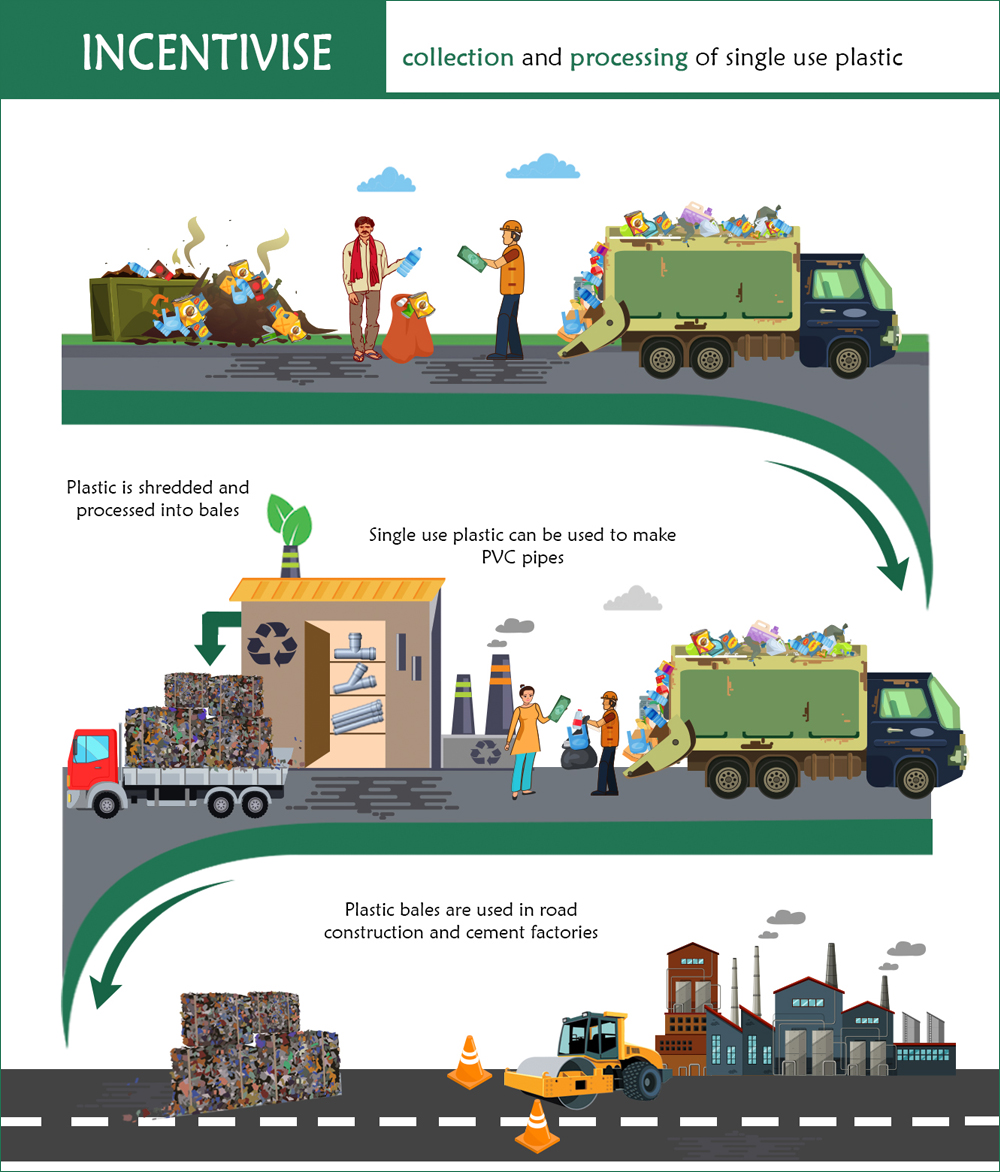
This article is part of our Green Agenda series of recommendations on various topics of environmental importance. To see other recommendations, click on the icons below

